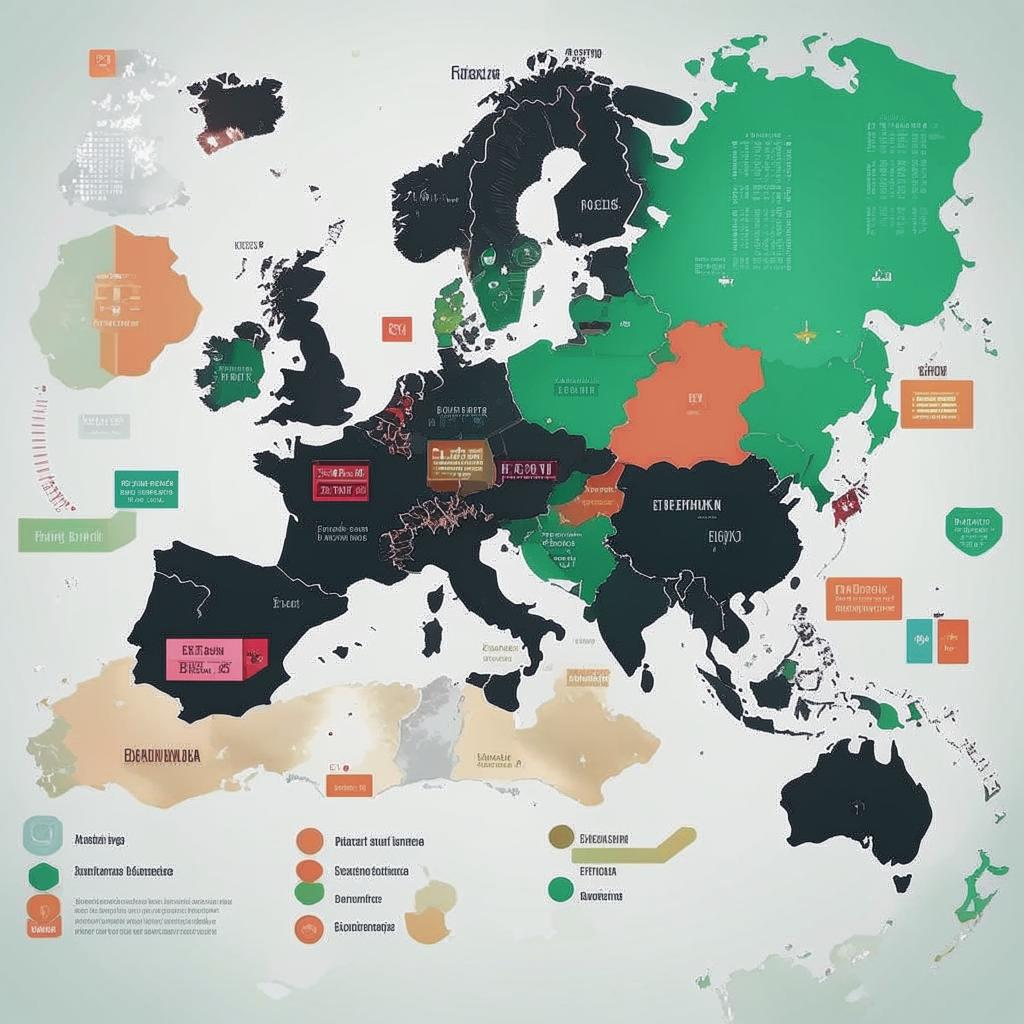Racial and ethnic disparities in US healthcare remain a persistent challenge, despite ongoing efforts to address them. These inequities manifest in various forms, including differences in access to care, quality of treatment, and health outcomes. Decades of research have documented these disparities across a wide range of conditions, from cardiovascular disease and diabetes to cancer and mental health.
Several factors contribute to these disparities. Systemic racism within the healthcare system plays a significant role, leading to biases in diagnosis and treatment. Socioeconomic factors, such as poverty and lack of health insurance, disproportionately affect minority communities, limiting their access to quality care. Cultural and linguistic barriers can also hinder effective communication between patients and providers.
Addressing these disparities requires a multifaceted approach. Efforts to increase diversity within the healthcare workforce are crucial, as are cultural competency training programs for healthcare professionals. Policies aimed at expanding access to affordable healthcare, such as the Affordable Care Act, have shown promise in reducing disparities. Targeted interventions focused on addressing specific health needs within minority communities are also essential.
Data collection and analysis are vital for monitoring progress and identifying areas where disparities persist. By tracking key health indicators across racial and ethnic groups, policymakers and healthcare providers can gain a better understanding of the challenges and tailor interventions accordingly. Community-based participatory research, which involves engaging community members in the research process, can also help to ensure that interventions are culturally appropriate and effective.
While progress has been made in some areas, significant challenges remain. Eliminating racial and ethnic health disparities requires a sustained commitment from all stakeholders, including policymakers, healthcare providers, researchers, and community members.












